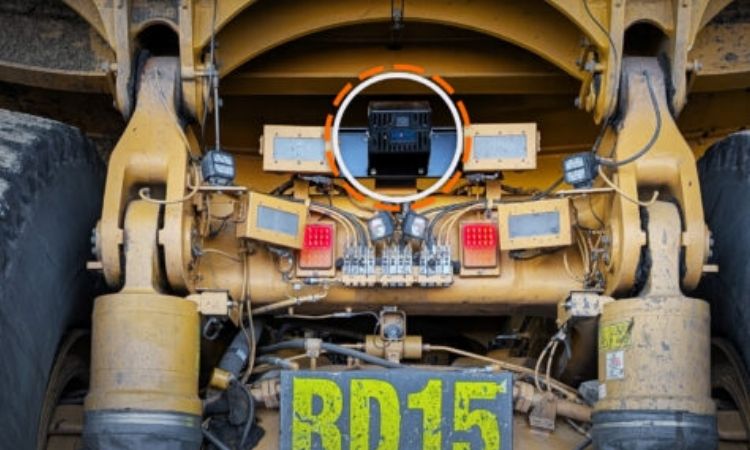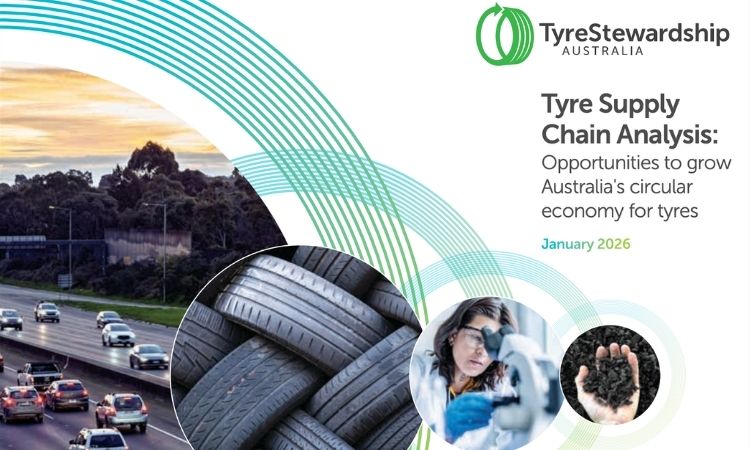Spanish end-of-life tire EPR management company promotes retreading
Did you know that the energy saved by retreaded truck tires could power 482 houses for a day? This thesis has been advocated by the Spanish TNU – the management company for extended responsibility system for end-of-life tires.
Retreading is the process of adding new tread to an old tire in order to extend its useful life. Savings in oil, water, energy, and CO2 emissions into the environment are only a few of the ecological and financial benefits of this method.
A new truck tire requires 141 liters of oil, 15,680 liters of water, and 338 kilograms of CO2 to produce. However, everything is greatly decreased while making a new tire, allowing for savings of 234 kg of CO2 emissions, 8,209 liters of water, and 98 liters of oil.
Approximately 500,000 truck tires that have been retreaded are used in Spain each year. In many cases, this increases the truck tire's environmental and ecological benefits by allowing for two or three retreaded cycles over the course of its usable life.
The following statistic highlights the benefit of the retreading provided by Bandag: using retreaded tires instead of new tires on a single 18-wheeler would save enough energy to power 482 households for a day.
The use of retreaded tires is offered as a sustainable and financially viable alternative, which minimizes waste, conserves energy and raw materials, and successfully supports the circular economy in light of the global energy crisis.
A sustainable future depends on the recycling of worn tires. In this regard, the educational campaign of TNU asserts that recycling used tires will advance efforts to create a more sustainable future in terms of the environment, the economy, and society.
Article by TNU.
Weibold is an international consulting company specializing exclusively in end-of-life tire recycling and pyrolysis. Since 1999, we have helped companies grow and build profitable businesses.









